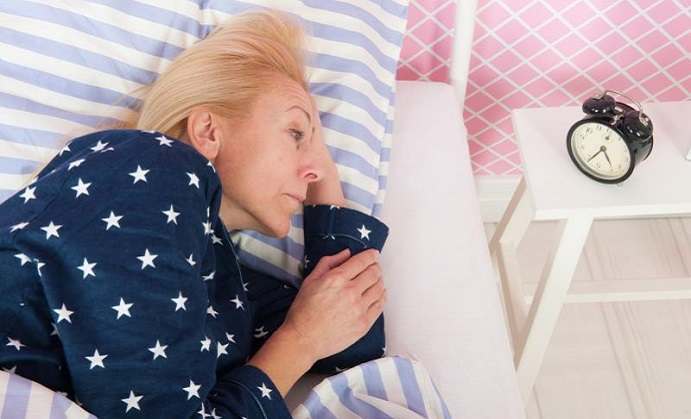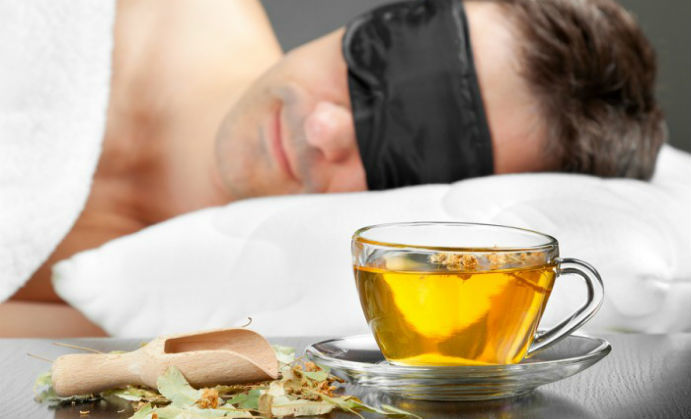Overview
It is quite frustrating and inconveniencing when a woman starts having sleepless nights during her middle age. Menopause insomnia is an unavoidable condition. It signifies that a woman’s reproductive ability is slowing down. Menopause insomnia results from several causes. Proper eating, sleeping habits, and medication can relief this type of insomnia.
Types of Insomnia
If you have menopause insomnia, you should know the different types of insomnia. Transient insomnia lasts for about one night to at most three weeks. It can result from jet lag, anxiety, or altered work schedule. People with acute insomnia are unable to sleep for about 3 to 24 weeks. Persistent sleeplessness leads to chronic insomnia. Persons with primary insomnia experience sleeplessness that does not come from the environment or from within the body. Persons with secondary insomnia have sleep problems that result from health problems. Medication may be needed to cure any of these types of insomnia.
What Causes Insomnia
 Several factors lead to insomnia. The circadian rhythm of the body controls your sleep and wake cycles. Sleeplessness may result when factors such as long flights across different time zones and night shift jobs disrupt this system. Insomnia may also result from anxiety, physical pain, and discomfort. Other sources of insomnia include failure to do exercise, dehydration, and taking large amounts of stimulants.
Several factors lead to insomnia. The circadian rhythm of the body controls your sleep and wake cycles. Sleeplessness may result when factors such as long flights across different time zones and night shift jobs disrupt this system. Insomnia may also result from anxiety, physical pain, and discomfort. Other sources of insomnia include failure to do exercise, dehydration, and taking large amounts of stimulants.
Sleeplessness may also result from hormonal changes. These changes also cause menopause insomnia.
Treating Menopause Insomnia
Your physician may prescribe hormone replacement to relief the discomfort associated with sleepless nights. This type of therapy supplements the reducing amounts of estrogen. Low amounts of estrogen lead to low amounts of serotonin, the hormone that controls sleep. However, insomnia medicines cannot counter the vicious cycle caused by menopause insomnia. Less sleep is likely to cause stress and irritation, which trigger more insomnia.
 You can ease menopause insomnia by using some sleep-causing measures at daytime. Do some exercise about 30 minutes after lunch. This exercise relaxes your muscles. However, evening exercises help you remain alert and awake. Do not take stimulants like tea, chocolate, coffee, sugar, alcohol, or nicotine 2 to 3 hours prior to bedtime. Changing your night diet may also help to combat insomnia. Take some warm milk or chamomile before sleeping. Chamomile tea has a relaxing effect while milk contains calcium, which has a calming effect and tryptophan. Milk is an effective sedative especially when you eat carbohydrates like chicken sandwiches and crackers.
You can ease menopause insomnia by using some sleep-causing measures at daytime. Do some exercise about 30 minutes after lunch. This exercise relaxes your muscles. However, evening exercises help you remain alert and awake. Do not take stimulants like tea, chocolate, coffee, sugar, alcohol, or nicotine 2 to 3 hours prior to bedtime. Changing your night diet may also help to combat insomnia. Take some warm milk or chamomile before sleeping. Chamomile tea has a relaxing effect while milk contains calcium, which has a calming effect and tryptophan. Milk is an effective sedative especially when you eat carbohydrates like chicken sandwiches and crackers.
Covering your extremities is important to avoid sleeplessness due to cold feet. Moreover, keeping your bedroom cool is important if you experience night sweats. After getting into your bed, it is vital to breathe slowly and deeply. In addition, tense and relax your muscles to reduce stress. Furthermore, do not take part in mentally stimulating or challenging activities. You can relax your body by watching TV, bathing in warm water, or reading a book.
Your health care practitioner may prescribe some medication to cure menopause insomnia. Do not use antidepressants or antihistamines if the prescribed medications fail to work. They may cause stressful side effects. Additionally, be careful when using herbal medicines because they might not have the claimed therapeutic benefits. Whatever method you choose, give priority to your doctor’s instructions. Do not take any action without your doctor’s approval. Finally, always keep yourself healthy.
Do you want to find an effective Insomnia treatment? Check out our top rated Insomnia products











